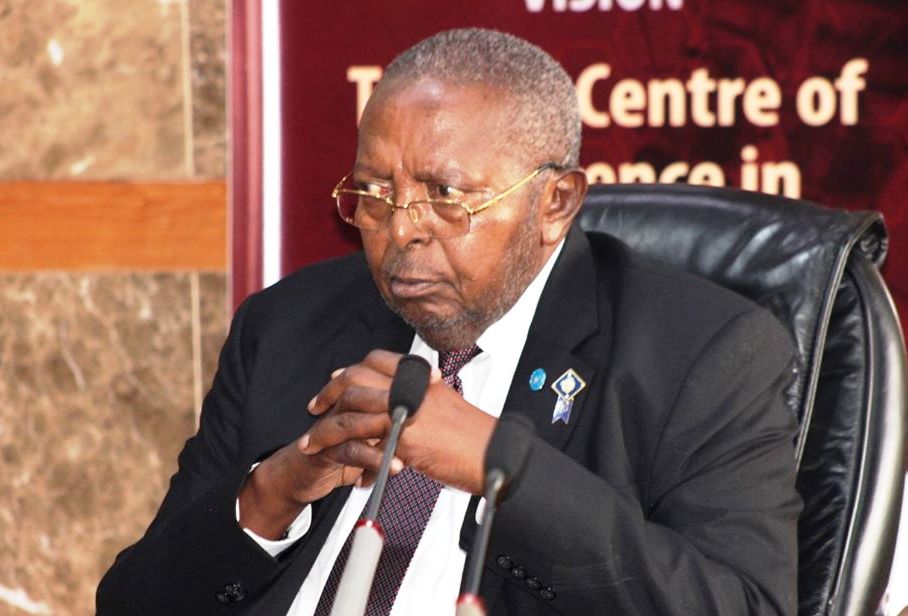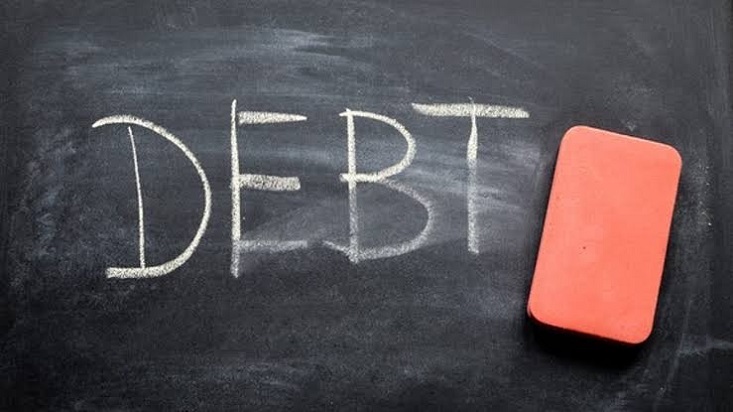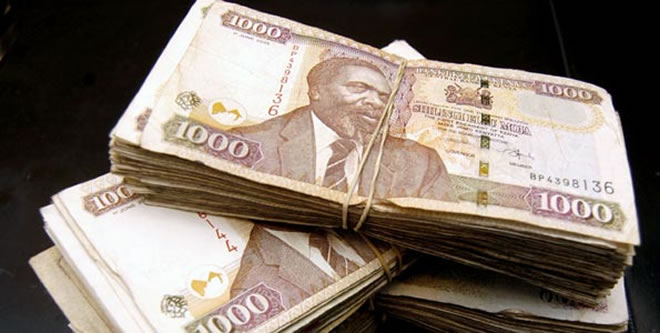The Kenyan economy has been thrown into a state of uncertainty after NASA’s Raila Odinga pulled out of the repeat presidential election slated for October 26, reports the Standard Newspaper.
Mr Odinga was to face his arch-opponent, Jubilee Party’s Uhuru Kenyatta, after the Supreme Court nullified the August 8 presidential poll.
There will be no respite for millions of ordinary Kenyans who have borne the brunt of heightened political temperatures in the past 12 months.
From the hawker in Wakulima Market, Nairobi, to a multinational corporation, the prolonged political activities have pushed them to hold on to their cash, fearing dead stock.
Already, key indicators paint a gloomy picture of an economy that is just chugging along.
The gross domestic product (GDP), or the total value of goods produced in a year, has slowed down and the stock market dipped. The shilling has only been held stable through the critical intervention of the Central Bank of Kenya.
Record Contraction
GDP slowed down in the second quarter of this year compared to the same period in 2016 due to weaker performance in agriculture, manufacturing, and financial services, according to recent data released by the Kenya National Bureau of Statistics (KNBS).
The statistics office said the economy grew by five per cent in the second quarter compared with 6.3 per cent in the same period last year, largely attributed to the charged political environment.
The script is the same in the real estate sector, with the value of buildings approved for construction by the county government of Nairobi in the first seven months of 2017 declining sharply by 18.4 per cent to Sh149.5 billion, down from Sh183.2 billion in the same period last year.
This means the economy lost a massive Sh33.7 billion during this period. Global rating agency, Moody’s, said Kenya risks being downgraded depending on how it deals with its fiscal position and navigates the treacherous political landscape.
“Whether the new vote will allow the political process to return to normalcy is unclear and the absence of a decisive outcome could distract the Government from fiscal and economic reforms that would address the current fiscal and socio-economic challenges,” said Moody’s in a statement.
Generally, consumption by the private sector contracted as investors took a wait-and-see attitude during the campaign season. A month before the elections, Stanbic Bank’s Purchasing Managers Index (PMI), a critical standard that has been used to monitor activities in the private sector, slipped to 40.9 in September from 42 in August.
This was the lowest reading since the series began, pointing to a record contraction in private sector activity.
In PMI, readings above 50 signal an improvement in business conditions on the previous month while readings below 50 show a deterioration.
Private Sector
“For the fifth consecutive month conditions in Kenya’s private sector continued to deteriorate, which is reflective of the protracted political impasse in the country,” said Stanbic Bank Regional Economist for East Africa Jibran Qureishi.
Tourism, a critical foreign exchange earner, has been threatened by the grand-standing of the opposing political parties and the anti-IEBC protests by NASA, held on Mondays and Fridays.
Tourism Cabinet Secretary Najib Balala summed up the apprehension in the industry: “Charter planes to the Coast are now running almost empty. Wildlife sanctuaries in Laikipia are recording zero guest arrivals.
The situation in the tourism sector is really bad because of the tensions. The impact will definitely be felt as the year comes to a close.”
Planning Principal Secretary Irungu Nyakera has warned that the current political uncertainty is hurting the economy.
“There is a need to ensure stability, secure investor confidence, and root for adequate supply of food,” says Nyakera.
“Travel advisories, due to the perception of insecurity during the election period, negatively impact key sectors such as tourism, not forgetting that the stock market index is also adversely affected by negative market sentiments,” he said.
Economic Growth
Paul Namayi, an economics lecturer at the University of Nairobi, says the standoff, if not nipped in the bud, will reverse the projected economic growth for this year.
“If a political settlement is not arrived at soon, the gross domestic product will fall below the current five per cent as investors shy away, production drops, and the shilling continues to depreciate,” he said.





